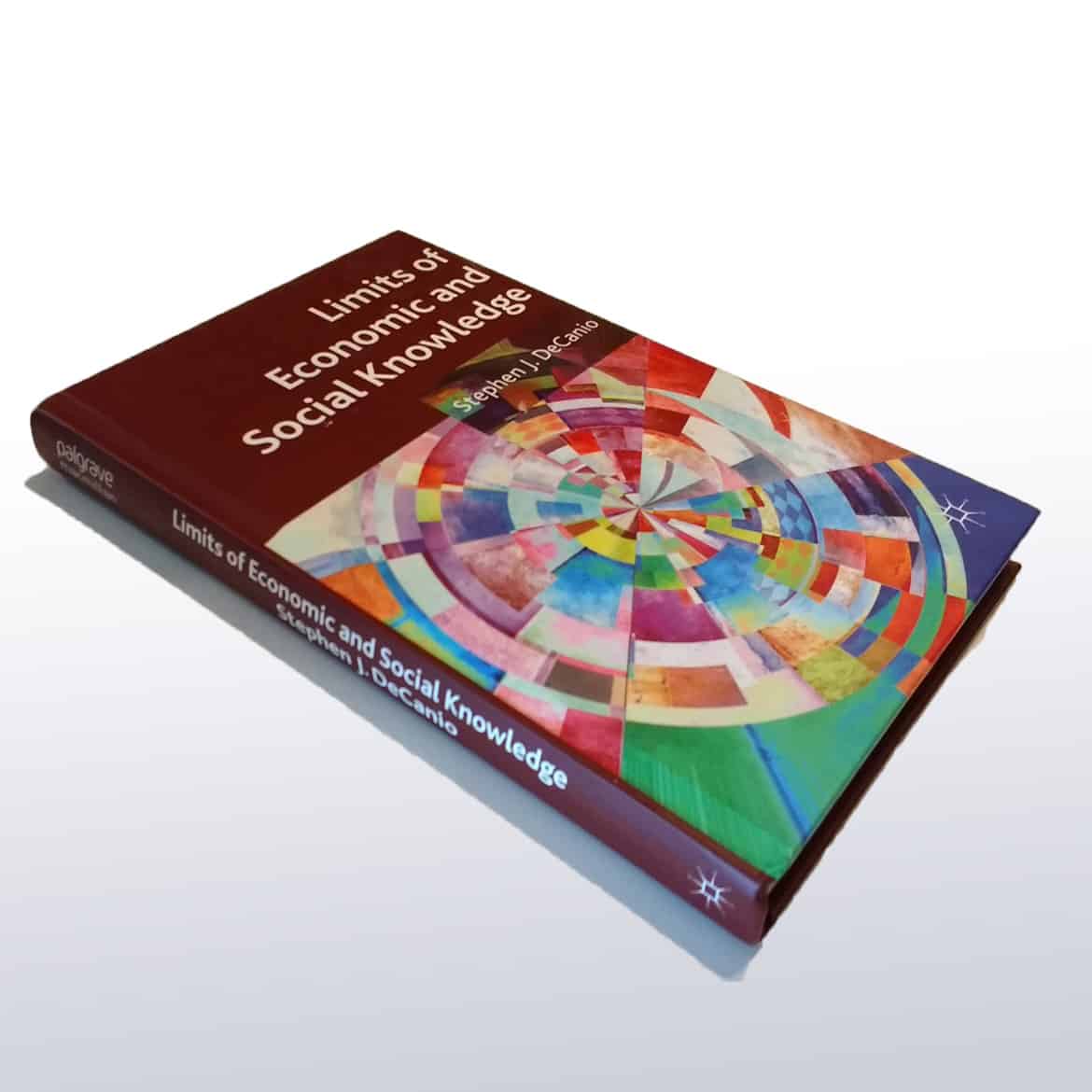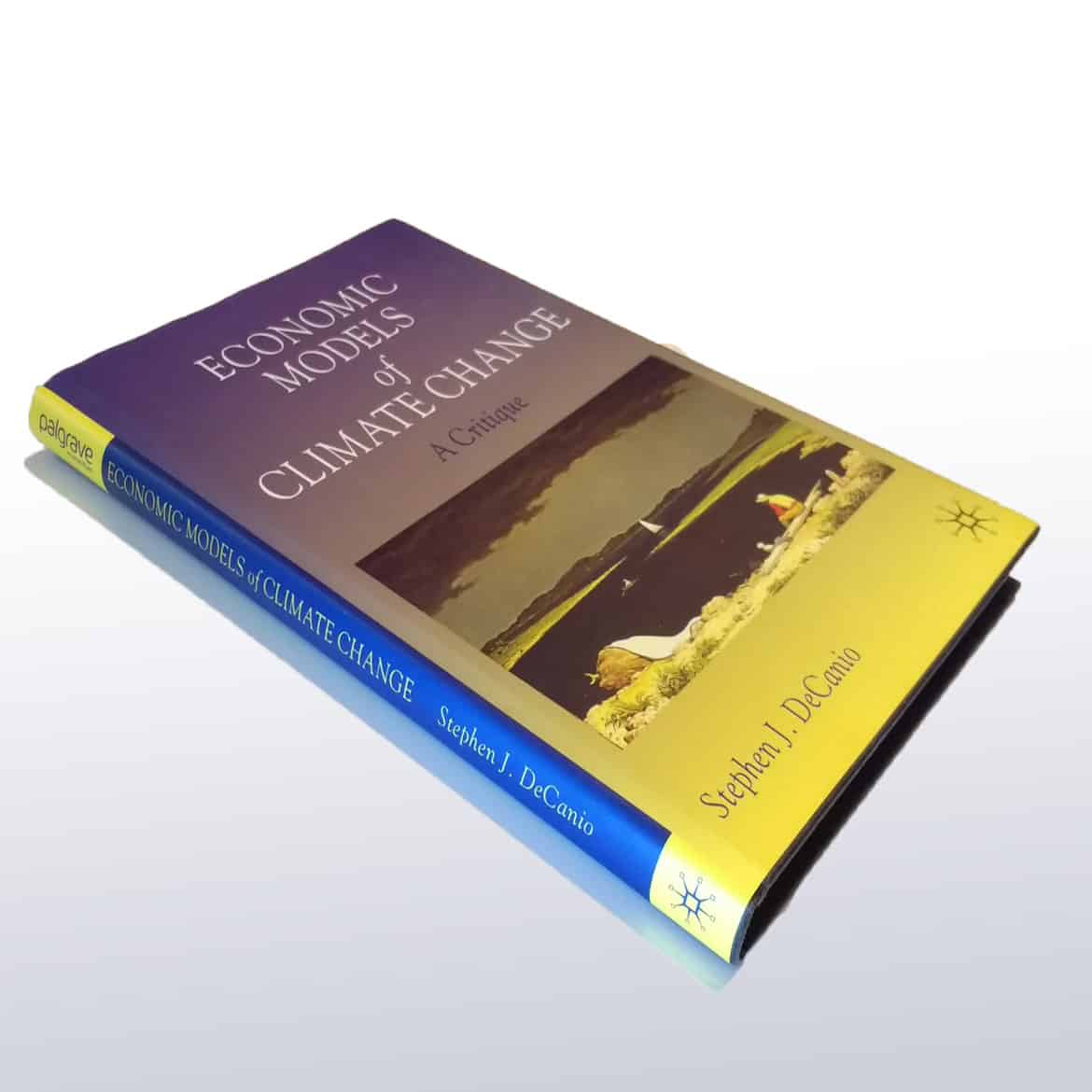30 Jun Descriptive or Conceptual Models? Contributions of Economics to the Climate Policy Debate
"Descriptive or Conceptual Models? Contributions of Economics to the Climate Policy Debate" International Environmental Agreements: Politics, Law and Economics 5, 2005
Abstract
Economists have brought two distinct modeling styles to the debate on climate policy. Some attempt to forecast the effects of policy decisions by constructing models that purport to be ‘‘descriptive’’ of the global economic system. The alternative approach is a ‘‘conceptual’’ focus on key elements...



